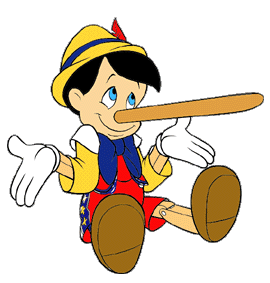
Last week the Wall Street Journal ran a controversial opinion piece about ebooks. A former book editor and a business professor argued that publishers needed to sell advertisements in ebooks in order to offset their shrinking profit margins. “[A] digital book is far less profitable than its hardcover cousin priced at $25,” their article argued. But according to responses on the web, there’s a problem with that argument. It isn’t true.
“Baen, a publishing house that specializes in fantasy and sci-fi, mostly with a militaristic bent, says that they’ve found that e-books significantly increase profits,” responded one commenter at a technology web site, even though that publisher sells DRM-free versions of their ebooks “for substantially less than they sell dead-tree versions.” And then another commenter backed up their skepticism with actual data provided by the New York Times.
Publisher’s Profits Before Overhead
On a $26 hardcover: $4.05
On a $12.99 ebook: $4.56 – $5.54
On a $ 9.99 ebook: $3.51 – $4.26
This isn’t speculation. The Times based their statistics “on interviews with several publishers and consultants who work with the publishing industry.” eBooks eliminate many of the costs associated with stacks of hardcover books, including printing costs, storage fees, and the cost of shipping books (and then shipping back the unsold copies).
“That, obviously, is exactly what logic would tell you,” one commenter concluded. And the Times article suggested the publishers’ real motive might be simple self-preservation — they’re trying to keep up the demand for printed books. In a future with even more digital readers, lower ebook prices would mean “print booksellers like Barnes & Noble, Borders and independents across the country would be unable to compete… if the e-books are priced much lower than the print editions, no one but the aficionados and collectors will want to buy paper books.”
One publisher’s consultant even tells the newspaper point-blank that “If you want bookstores to stay alive, then you want to slow down this movement to e-books. The simplest way to slow down e-books is not to make them too cheap.”
So are publishers being honest about the costs of publishing a book? It’s a hotly-debated mystery, even to those people who are most affected by it: the authors who are actually writing the books! At the end of their article, the New York Times tracked down best-selling author Anne Rice, who admits that “None of us know what books cost. None of us know what kind of profits hardcover or paperback publishers make.”
Most of Rice’s books are available on the Kindle — though not her most famous book, Interview with the Vampire But as the publishing industry faces historic changes, it was nice to see that Anne Rice still remains firmly committed to the future of the ebook. “The only thing I think is a mistake is people trying to hold back e-books or Kindle and trying to head off this revolution by building a dam.
“It’s not going to work.”